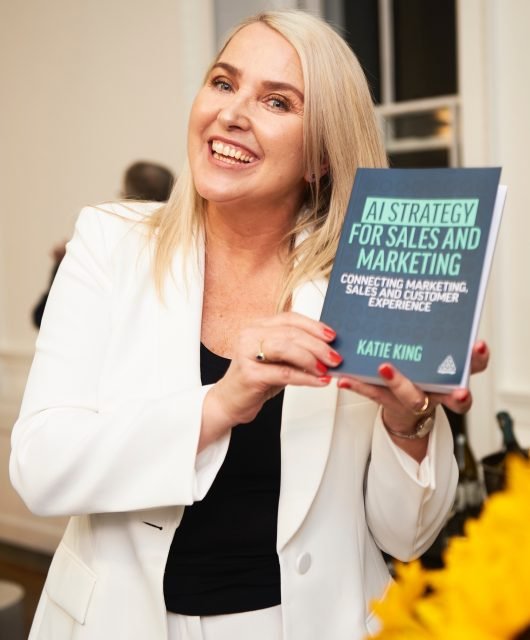Navigating the Outrage Economy: Brands, Virtue Points, and Public Scrutiny
By: Kim Polley, Managing Partner and Senior Emerging Markets Advisor, Instinctif Partners
The recent furore over M&S’ Christmas advert serves as a stark reminder of the delicate balance brands must maintain in the current, hypersensitive social media environment. One misstep, no matter how minor, can precipitate a major reputational crisis.

That debacle lays bare a troubling trend: the relentless quest for social media engagement that has created a culture where performative indignation thrives. Even the smallest perceived offence can ignite a firestorm of overreaction, fuelled by users eager for the dopamine rush that comes from scoring virtue points in the court of public opinion.
That said, it is also important to acknowledge that many genuine injustices have been brought into the public eye via digital platforms, marking a positive and significant contribution to social justice in the digital age. My aim is not to overshadow those merits but rather to highlight the unintended risks associated.
In this volatile landscape, brands find themselves in a precarious position. Navigating these waters requires caution, but an overly timid approach can also be detrimental. The key is not to tiptoe around issues but to engage in open, honest dialogue without succumbing to fear. When errors are made, the response must be genuine. Half-hearted, “sorry not sorry” apologies are transparent and ineffective. What resonates is an acknowledgment of specific faults, a commitment to accountability, and tangible steps towards change.
Prevention is better than cure and astute brands invest in consumer insights, robust scenario planning and cultural awareness training, aiming to foresee and sidestep potential pitfalls. Yet, in an age where outrage can be triggered instantaneously and often unpredictably, this remains an imperfect science.
Scandal, when it strikes, tests a brand’s mettle. Resilience and a well-thought-out rehabilitation strategy are critical. Weathering the storm of temporary public backlash does not have to spell long-term reputational damage. Those who learn from their missteps and actively work to build community goodwill can emerge stronger.
At the heart of this challenge is the non-negotiable need for cultural intelligence and empathy. Brands must understand and respect the complex tapestries of history and context that define their audiences to fosters invested connection rather than conflict.
Pandering to outrage communities is a strategy with diminishing returns. In contrast, constructive engagement, rooted in understanding and respect, fosters loyalty and growth. In a world often overshadowed by negativity, brands that shine a light of positivity and understanding can dispel the darkness of outrage culture.
Ultimately, navigating today’s social media landscape is about striking a balance between caution and courage, empathy and understanding. Brands that master this delicate dance will not only protect their reputation, they’ll enhance it in the eyes of an increasingly discerning and vigilant public.
Three considerations to kickstart your brand resilience journey:
- Cultivate cultural intelligence through consumer insights and scenario planning to pre-emptively avoid public backlash.
- Engage honestly and transparently, acknowledging mistakes and committing to change, to build and maintain trust.
- Foster resilience and goodwill through empathetic, positive engagement, strengthening both reputation and loyalty.





